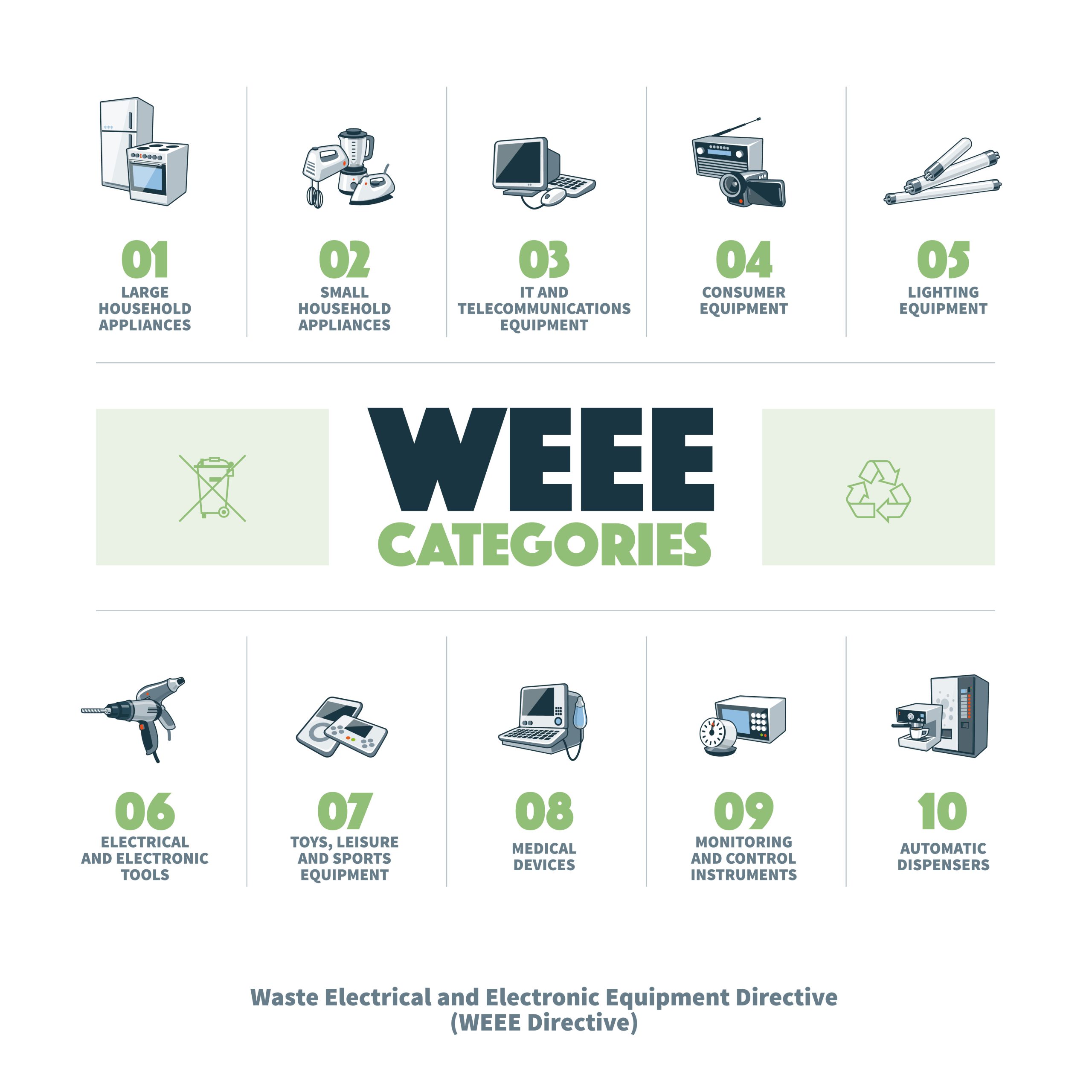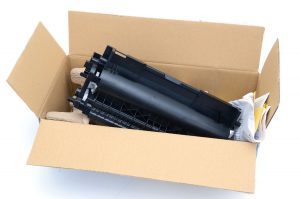EU consultation on WEEE: let your voice be heard!
October 12, 2022

The EU 2012 WEEE Directive on waste from electrical and electronic equipment seeks to protect the environment and human health, contributes to sustainable production and consumption, and ensure efficient use of resources by preventing and recovering waste. On 6 October, the EU launched an online public consultation, open until 3 November, to evaluate its progress and assess whether the objectives are met and to what extent it supports a circular economy and environmentally sound management of WEEE, see here:
Waste from electrical and electronic equipment – evaluating the EU rules (europa.eu)
Supported by several EU studies, ETIRA has always argued that in terms of promoting cartridge reuse the WEEE is dysfunctional. Member States can reach the generic reuse / recycling percentage targets set under the WEEE without a single cartridge being reused. That’s why cartridges need to get their own WEEE reuse target. Also, WEEE implementation is very different across EU Member States. Environment-friendly cartridge reuse is made impossible as operators are confronted by a plethora of different and often outright contradictory rules and definitions and classifications of used cartridges. And for cartridges, the article 4 WEEE prohibition of specific design features or manufacturing processes that prevent WEEE from being re-used (eco-design) is a farce because all cartridges on the EU market today have such illegal features. In addition, enforcement of WEEE compliance by national market surveillance authorities is often fully absent: imports of polluting single-use newbuild cartridges from the Far East by rogue traders without any registration in national WEEE registers and containing illegal chemicals are rampant in most EU countries. ETIRA will voice these concerns in the consultation and suggest you do the same.
Tags
EU legislationWEEE Regulations
ETIRA celebrates lobbying win as Spanish rule change closes loophole on electrical equipment imports
January 26, 2021

The European Ink Toner and Remanufacturers Association (ETIRA) is celebrating a change to Spanish rules which mean all importers of electrical and electronic equipment (EEE) to the country must now prove their waste management credentials.
Following extensive lobbying and proposals from ETIRA, along with the Spanish office of the European Recycling Platform, a raft of rule changes around the management of Waste Electrical and Electronic Equipment (WEEE) and batteries have received royal ascent.
The royal decree modifies the current WEEE regulations, meaning all importers of EEE from third countries will be required to enter their Integrated Industrial Registry number, (WEEE registration number) when clearing imports of EEE into Spain.
The measures are introduced so that, prior to the importation of electrical and electronic equipment, Spanish Authorities can supervise and verify the correct compliance with the registration obligations in the Integrated Industrial Registry (WEEE registration) by the producers, importers or authorised representatives.
The results of the controls are carried out prior to importation and will then be transferred to the competent authorities for market surveillance.
This change closes a loophole where printer consumables could be imported, but the importer was not required to disclose the WEEE registration details. Unregistered importers would then avoid the cost of providing a WEEE collection programme and paying the appropriate costs of WEEE compliance.
Javier Martinez, President of ETIRA, the European Toner and Inkjet Remanufacturers Association said: “This is excellent news for Spanish remanufacturers and Original Equipment Manufacturers (OEMS) who have historically faced the challenge of competing with low cost imports achieved by those not contributing to the costs of WEEE, but at the same time have had to contribute to the correct processing of WEEE.
“The rule change was formulated at a meeting with ETIRA, the European Recycling Platform, Spain’s Environment ministry and Customs authorities.” Martinez added.
A third country is a country that is not one of the 27 members of the European Union and the 3 countries of the European Economic Area (Iceland, Liechtenstein, and Norway).
For further information about ETIRA and its work, visit www.etira.org